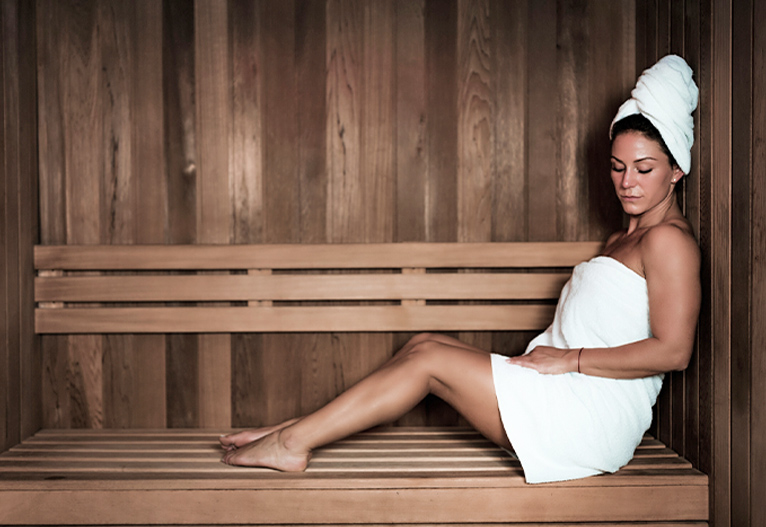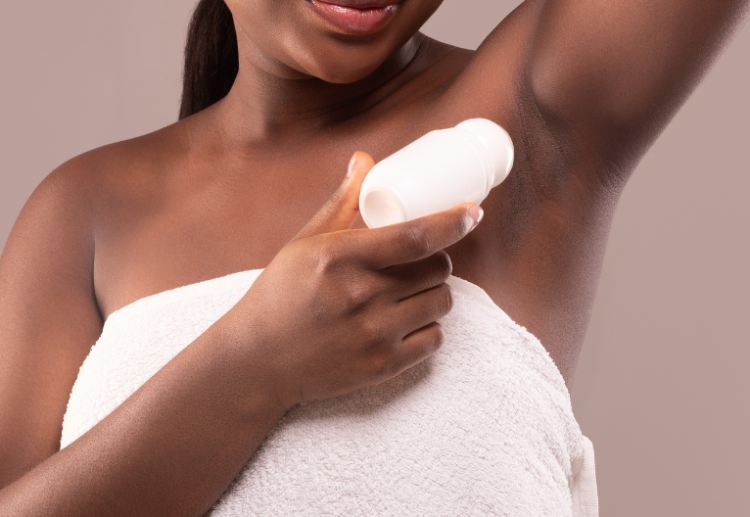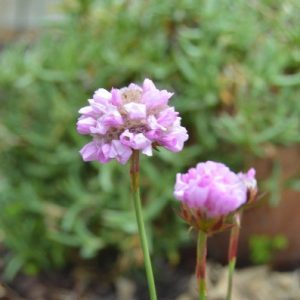We do it every day, but is it increasing our risk of developing breast cancer? One of the nation’s leading breast cancer surgeons takes a deep dive into the deodorant dilemma.

Associate Professor Warrier is one of the world’s leading breast health and breast cancer surgeons who has built a highly respected practice in Sydney. The practice spans three locations with its main surgical centre located at the Chris O’Brien Lifehouse in Camperdown, and the other sites at BMA House, Macquarie Street, Sydney and Bondi Junction Medical, Oxford Street, Bondi Junction.
I’ve noticed a growing number of conversations online and even in my own clinic about whether using deodorant could increase a woman’s risk of developing breast cancer. Patients often raise this question during consultations, genuinely worried that their everyday hygiene habits may have unknowingly contributed to their diagnosis.
I understand why people are concerned. We’re all becoming more aware of what we put in and on our bodies. And when a loved one or you yourself have been diagnosed with breast cancer, it’s natural to start re-evaluating everything, including your choice of personal care products.
Over the years, I’ve dedicated much of my career not only to breast cancer surgery but also to researching new ways to improve detection, diagnosis and treatment. I also co-developed Australasia’s first Master of Advanced Surgery (Breast Surgery) program at the University of Sydney to help train future breast specialists. So, I feel a deep responsibility to provide women with clear, evidence-based information about their breast health.
So, let’s take a closer look at the ingredients found in underarm deodorants and antiperspirants,
and whether they pose any real risk when it comes to breast cancer.
What’s actually in deodorants?
Most deodorants and antiperspirants contain a few common ingredients. Antiperspirants, in particular, often include aluminium-based compounds, which work by temporarily blocking sweat ducts to reduce perspiration. Some products also contain parabens, which are preservatives used to prevent bacterial growth. Fragrances are added for scent and may consist of a mix of synthetic chemicals. And in spray forms, propellants like butane or propane are used to disperse the product.

Naturally, this leads people to wonder: if we’re applying these substances near our breasts every day sometimes multiple times a day could that potentially be harmful?
What does the research say?
Some studies over the years have suggested that ingredients like aluminium and parabens may mimic estrogen in the body. Estrogen is a hormone that plays a well-established role in the development of certain types of breast cancer. So, it makes sense that people are cautious.
For instance, aluminium compounds have been shown in some laboratory settings to mimic estrogen. That said, current research has not found a definitive link between aluminium in antiperspirants and breast cancer in humans.
Similarly, parabens which also have estrogen-like properties have been detected in breast tissue. But again, we do not have any conclusive evidence that parabens directly cause breast cancer.
It’s also important to understand the difference between deodorants and antiperspirants. Deodorants are usually formulated to mask or neutralise body odour and don’t typically contain aluminium compounds. Many modern formulations are also paraben-free, especially those marketed as natural alternatives.
The key takeaway? While these ingredients might sound alarming when taken in isolation, the small quantities absorbed through the skin from underarm products have not been proven to significantly increase breast cancer risk.
Should you be worried?
I always tell my patients — don’t panic. There’s no strong scientific evidence at this time to support a direct link between deodorant use and breast cancer. However, I completely understand if you still feel uncomfortable using products with certain ingredients.
In that case, there are plenty of alternatives on the market that don’t contain aluminium or parabens. You can absolutely make personal care choices that align with your values and comfort level, just make sure those choices are guided by credible, evidence-based information.
Australia has strict regulations around the safety of personal care products. I recommend sticking to reputable brands sold by trusted retailers. Be cautious about purchasing unfamiliar products online or from overseas sellers that don’t follow the same health and safety standards. If you’re not sure about a product, do your research, read the labels and talk to your healthcare provider.
Focus on what we know
Rather than dwelling on unproven connections, I encourage women to focus on what we do know about breast cancer risk. Genetics, age and family history certainly play a role, but so do lifestyle factors. Things like smoking, vaping, alcohol consumption, physical inactivity, obesity and diets high in processed foods have all been clearly linked to increased breast cancer risk.

That’s why I believe in the importance of taking a proactive approach to your health. If you’re concerned about breast cancer, focus your energy on things you can control. Maintain a healthy diet, exercise regularly, reduce alcohol intake and avoid smoking. Check your breasts regularly for any changes. Book in for screening when it’s due. See your GP for regular check-ups, especially if you have a family history or other risk factors.
And when it comes to products like deodorant? Use what you’re comfortable with but don’t let fear take the place of facts.
For more information about breast screening, breast cancer risk, and my work in this space,
visit Warrier Practice.
In addition to Associate Professor Warrier’s breast health and surgical work, he also dedicates considerable time to research exploring and developing advancements in breast cancer detection and treatments to improve outcomes for patients. He also codeveloped Australasia’s first Master of Advanced Surgery (Breast Surgery) which is delivered through the University of Sydney.
He is a past President and current committee member of Breast Surgeons of Australia and New Zealand (BreastSurgANZ). His views are those of his own, not BreastSurgANZ. Associate Professor Warrier’s surgery is located at the Chris O’Brien Lifehouse and he also has clinics at Oxford Street, Bondi Junction and Macquarie Street, Sydney. He is published in numerous peer-reviewed journals and won the Royal Prince Alfred Hospital’s Patron’s Prize for best scientific research.





-

-
-
ChiWren, QLD
- 30 Nov 2025
👍
0 Likes
-

-
-
BH517760, NSW
- 16 Aug 2025
👍
0 Likes
-

-
-
BH516868, VIC
- 21 Jul 2025
👍
0 Likes
-

-
-
BH517511, SA
- 13 Jun 2025
👍
0 Likes
-

-
-
BH516706, NSW
- 05 Jun 2025
👍
0 Likes
-

-
-
loves_coffee_and_wine, SA
- 22 May 2025
👍
0 Likes
-

-
-
BH516524, TAS
- 08 May 2025
👍
0 Likes
-

-
-
sars_angelchik, TAS
- 06 May 2025
👍
0 Likes
-

-
-
BellaB, ACT
- 05 May 2025
👍
0 Likes
-

-
-
ChiWren, QLD
- 02 May 2025
👍
0 Likes
-

-
-
BH516524, TAS
- 26 Apr 2025
👍
0 Likes
-

-
-
JH1981, WA
- 13 Apr 2025
👍
0 Likes
-

-
-
BH516846, NSW
- 10 Apr 2025
👍
1 Likes
-

-
-
BH519636, NSW
- 05 Apr 2025
👍
1 Likes
-

-
-
loves_coffee_and_wine, SA
- 02 Apr 2025
👍
1 Likes
-

-
-
BH519636, NSW
- 01 Apr 2025
👍
1 Likes
-

-
-
BH516504, VIC
- 31 Mar 2025
👍
1 Likes
Post a commentTo post a review/comment please join us or login so we can allocate your points.